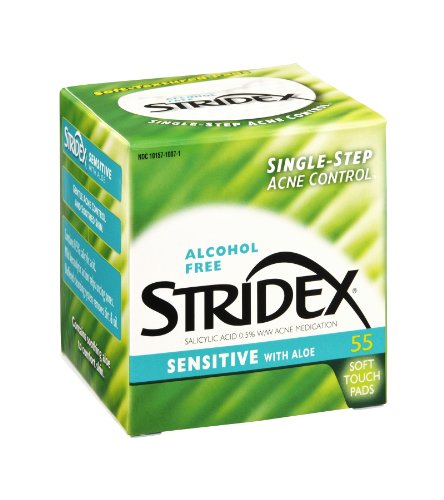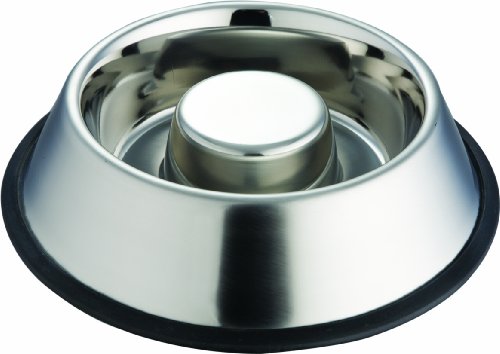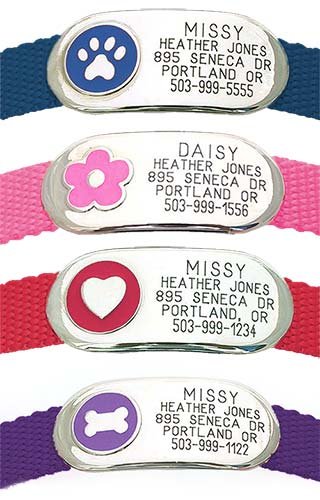

A serious and potentially fatal disease that is caused by parasite worms that live in the pulmonary arteries, which are the arteries that go from the lungs to the heart, heartworms are generally transmitted to a dog by mosquitoes. According to a 2007 study released by the American Heartworm Society, the most affected area for heartworms were in the Southeast of the United States; however, cases have been reported in every state through the U.S.
You’ve heard of heartworms and that they can affect your dog, but haven’t you ever wondered how the whole cycle actually takes place? Female adult heartworms will lay release microfilaria, which are the young heartworms, directly into the dog’s bloodstream. When mosquitoes bite and eat from the dog, the mosquitoes become infected. Within 10 to 14 days, the mosquito will become completely infected with microfilaria. Once this infected mosquito bites another dog for a blood meal, the larvae will enter the dog to then mature into adult heartworms over the course of approximately six months, which can live for as many as seven years in a dog.
In the early stages of the life cycle of heartworms, there may not be any visible clinical signs that the disease is indeed present in your pup. A dog that has recently been infected may show no signs at all of heartworm infection; however, a dog that has been infected long enough to show clinical signs will demonstrate:
·A mild, persistent cough.
·Shortness of breath.
·Unwillingness to exercise and lack of enthusiasm.
·Fatigue after minimal movement and/or exercise.
·Nosebleeds.
·Reduced appetite.
·Weight loss.
Because the larvae enters the bloodstream of the dog, you would think that a blood test would detect their presence; however, it will not – at least not until after about seven months of infection. Over a period of time, the heartworm disease will eventually become detectable via X-Ray or an ultrasound.
Treatment and recovery is a very drawn-out process. It takes several months of treatment for a dog to overcome the infestation of heartworms – larvae and adults – completely and become healthy once again.
To begin, an initial evaluation is performed in order to determine the dog’s health status and overall extent of the heartworm disease. Prior to the commencement of treatment, the veterinarian will consider the dog’s current health state. Depending on the health of your dog and the recommendation of your vet, your canine could be placed in the hospital for up to four days before treatment begins.
Once the actual treatment begins, the treatment consists of a series of shots, or injections. The heartworms will then begin to die slowly and dissolve over a period of time – usually several weeks. About a month after the initial treatment, your canine will need to be taken back to the vet for the next course of treatment, which is the treatment for the baby heartworms, the microfilaria. As a general rule, this treatment can be performed in a single one-day visit.
After a period of time, your dog will need to visit the vet for continued testing and check-ups. Once the heartworms have all been removed, heartworm preventative medicine will be prescribed for your dog.
Because heartworm disease can be potentially life-threatening, it is important to take action early to prevent your dog from being infected with the disease. There is medication available for purchase that your dog can take on a monthly or daily basis that can help to prevent your dog from becoming infected. However, these medications contain certain ingredients that may not be suitable for all breeds of dogs; therefore, it is vital that you speak to your vet prior to giving your dog any heartworm medication.
 How to Treat and Prevent Infected Wrinkles in Wrinkly Dog Breeds
In humans, wrinkles are a us
How to Treat and Prevent Infected Wrinkles in Wrinkly Dog Breeds
In humans, wrinkles are a us
 Indipet Slow Feed Pet Bowl
If you have a dog that loves
Indipet Slow Feed Pet Bowl
If you have a dog that loves
 10 Reasons To Foster A Dog
10 Reasons To Foster A Dog
If you抎 like to make a re
10 Reasons To Foster A Dog
10 Reasons To Foster A Dog
If you抎 like to make a re
 Name Tags for Dog Collars
For most people, our dogs ar
Name Tags for Dog Collars
For most people, our dogs ar
 Durable Dog Toy Outlasts the Strongest Jaws
Credit: Jeannine T
Durable Dog Toy Outlasts the Strongest Jaws
Credit: Jeannine T
Copyright © 2005-2016 Pet Information All Rights Reserved
Contact us: www162date@outlook.com